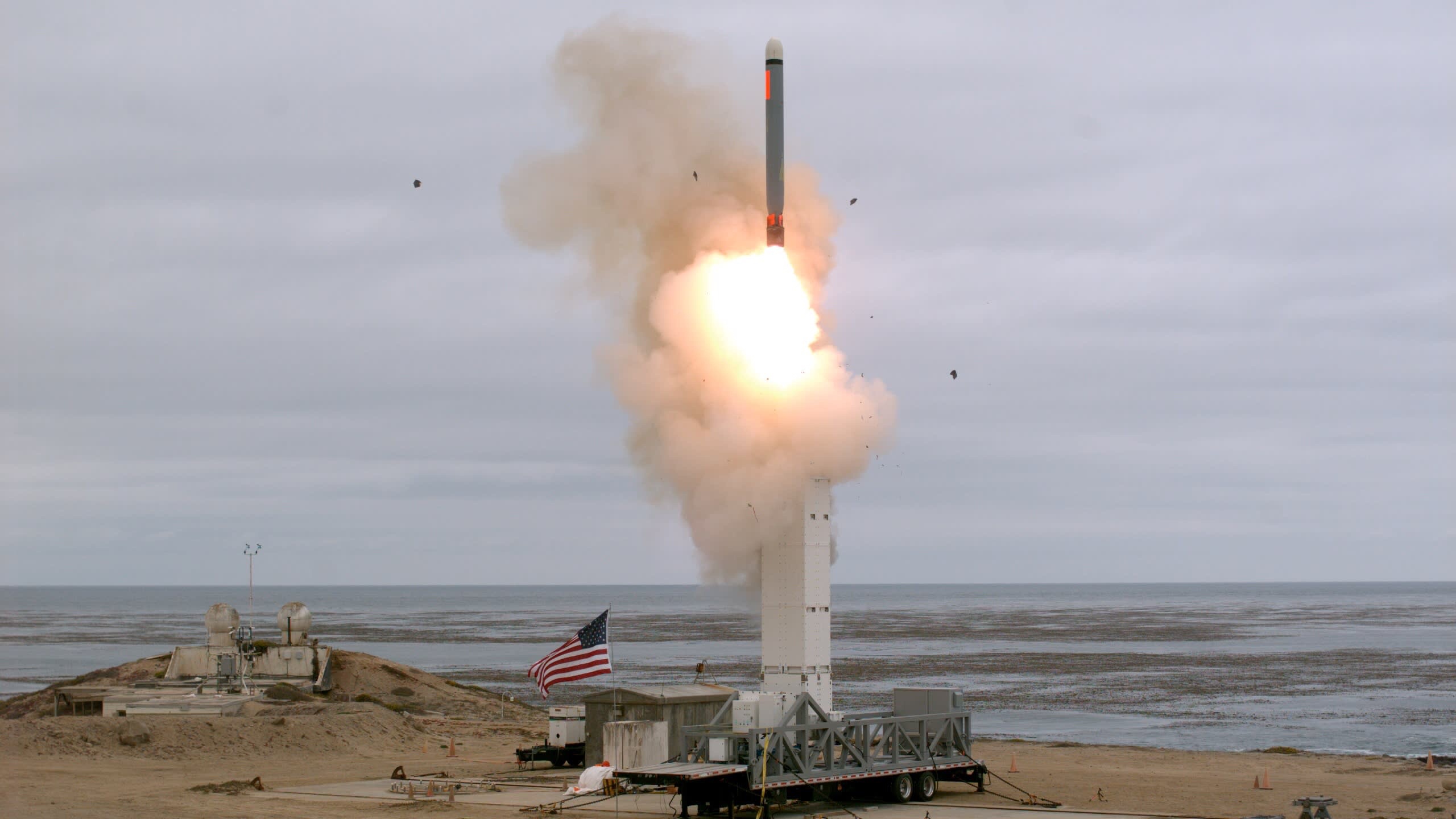Top arms envoy calls Beijing’s nuclear buildup ‘immediate threat’ to region. WASHINGTON — Top arms envoy calls Beijing’s nuclear buildup ‘immediate threat’ to regiontalk with Asian allies about deploying midrange missiles now under development to counter the “immediate threat” of China’s nuclear arsenal, Washington’s top arms control negotiator told Nikkei in a phone interview Friday.
Marshall Billingslea, the special presidential envoy for arms control, said Washington wants to “engage in talks with our friends and allies in Asia over the immediate threat that the Chinese nuclear buildup poses, not just to the United States but to them, and the kinds of capabilities that we will need to defend the alliance in the future.”
In particular, Billingslea pointed to a midrange, non-nuclear, ground-launched cruise missile under development in the U.S. Work began in August 2019 after the U.S. withdrew from the Intermediate-Range Nuclear Forces Treaty with Russia, which banned such weapons.
This weapon is “exactly the kind of defensive capability that countries such as Japan will want and will need for the future,” Billingslea said.
The new missile is believed to have a range of 1,000 km. This is not long enough to reach China even from Guam, meaning that it would need to be deployed in Asia to serve as an effective countermeasure.

U.S. special envoy Marshall Billingslea speaks to the media after a meeting with Russia’s deputy foreign minister in Vienna on June 23. © Reuters
Billingslea also noted that multiple branches of the U.S. military are developing hypersonic weapons. These weapons, which travel at five times the speed of sound or more and pose problems for traditional missile-defense systems, could potentially counter Beijing’s anti-access and area denial strategy for preventing American forces from projecting power in waters around China.
Hypersonic weapons “are very stabilizing defensive capabilities which, in the Asia-Pacific region, will ensure that our allies and our friends and our partners are protected and that China cannot engage in military blackmail, as it tries to redraw boundaries and authorities,” Billingslea said.
Asked about the Japanese government’s discussion of developing the ability to counterattack enemy missile bases as an alternative to the halted Aegis Ashore missile shield, Billingslea said such capabilities “would be of value.”
But he stressed that Tokyo should not neglect conventional missile defense. “Defensive capabilities against incoming ballistic missile attacks could be very important,” he said.
Billingslea is involved in developing security policy under President Donald Trump and is known to have hawkish views on China. He serves as the U.S. point man on negotiations with Russia toward a new nuclear treaty. Billingslea led the Financial Action Task Force, a global body that works to counter terrorism financing, before being appointed to his current post in April.
No comments:
Post a Comment